Optimal Timing for Foundation Repairs
Foundation repairs are most effectively performed during specific times of the year when environmental conditions are optimal. Proper timing can help ensure the longevity and effectiveness of repairs, reducing the risk of future issues. Understanding seasonal patterns and soil conditions is essential for scheduling foundation work appropriately.
Spring offers moderate temperatures and increased moisture levels, which can facilitate certain foundation repair processes. However, excessive rain may delay work or impact soil stability.
Summer provides longer daylight hours and stable weather, making it a popular season for foundation work. High temperatures and dry soil conditions can pose challenges for some repair methods.
Fall often presents cooler temperatures and reduced rainfall, creating favorable conditions for foundation repairs. Soil moisture levels tend to stabilize, aiding in effective repair application.
Winter is generally less suitable for foundation repairs due to cold temperatures, frozen ground, and potential snow. However, in milder climates, some repairs can be scheduled with proper precautions.

Image depicting foundation stabilization techniques.

Image showing soil assessment before repairs.
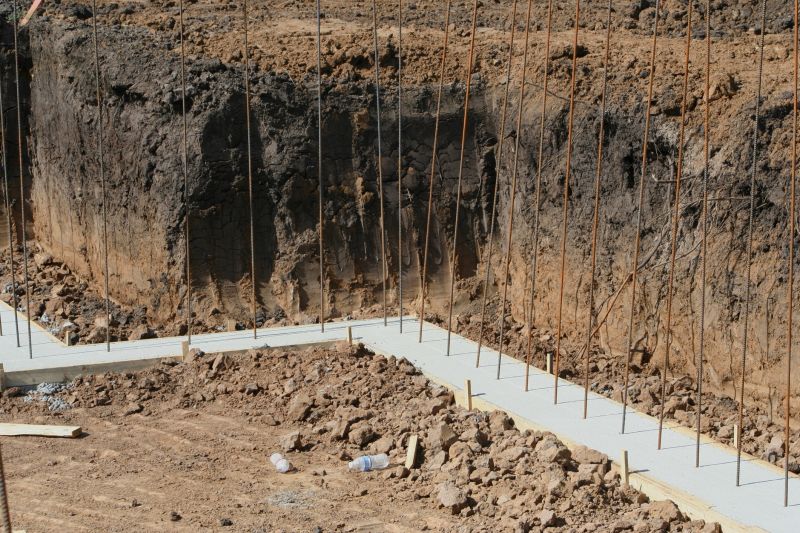
Image illustrating reinforcement methods.

Image of a technician inspecting a repaired foundation.

Ways to make Foundation Repairs work in tight or awkward layouts.

Popular materials for Foundation Repairs and why they hold up over time.

Simple add-ons that improve Foundation Repairs without blowing the budget.

High-end options that actually feel worth it for Foundation Repairs.
Foundation repairs are critical for maintaining structural integrity and preventing further damage to a property. Common issues include settling, cracking, and shifting caused by soil movement, moisture fluctuations, or poor construction. Timely intervention can help mitigate costly repairs and preserve the property's value.
Statistics indicate that foundation-related problems account for a significant percentage of structural repairs in residential buildings. Properly scheduled repairs, aligned with seasonal conditions, can improve outcomes and increase the durability of the work performed.
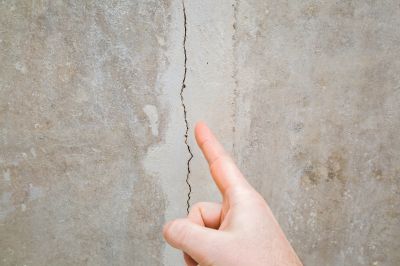
Close-up of foundation crack repairs.
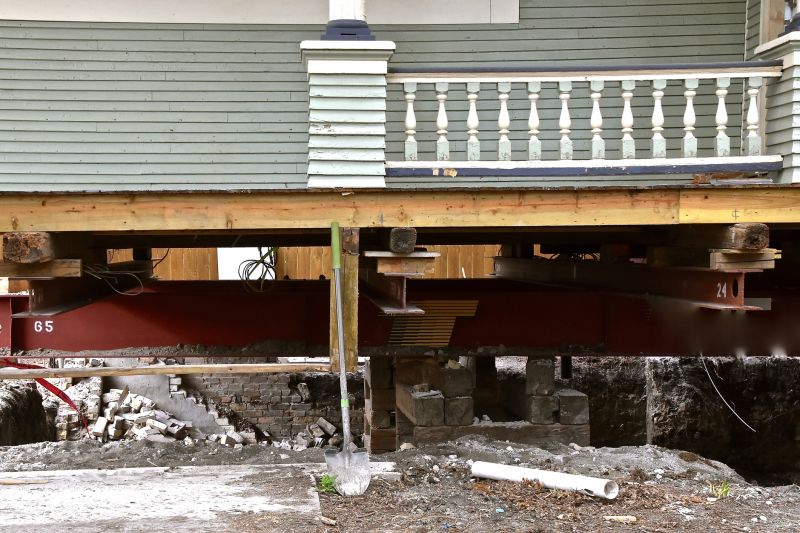
Image of lifting techniques for uneven foundations.
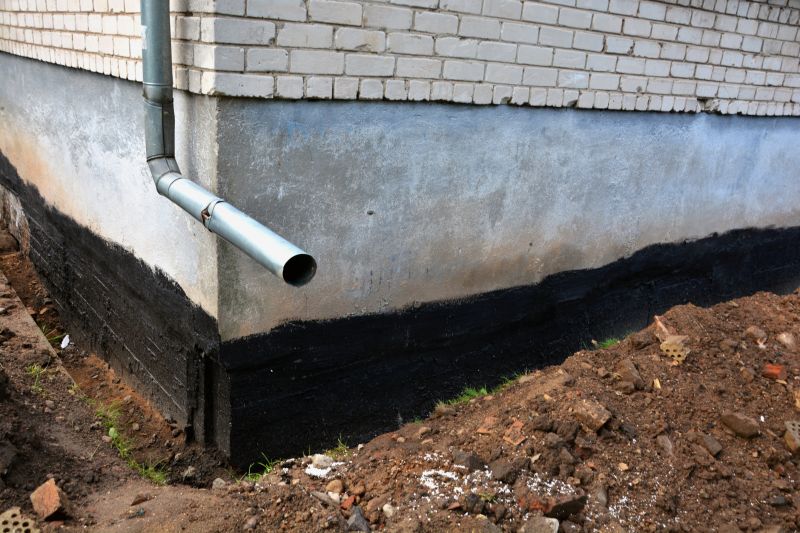
Proper drainage to prevent future foundation issues.
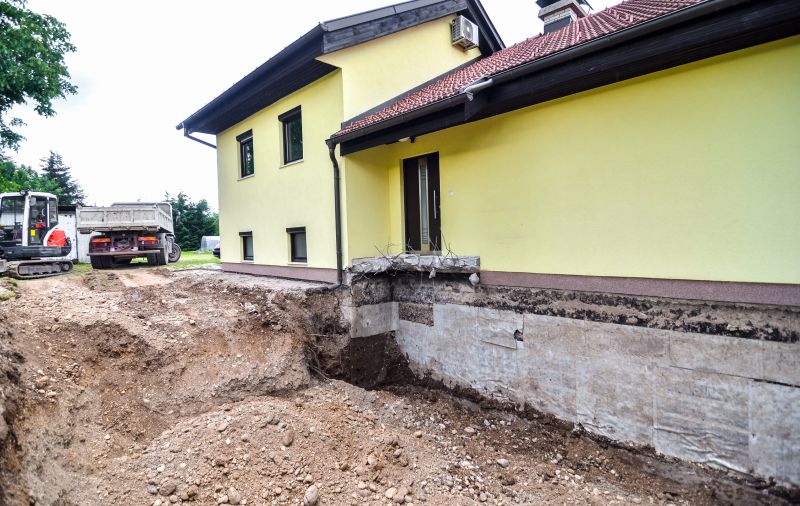
Methods to improve soil conditions around foundations.
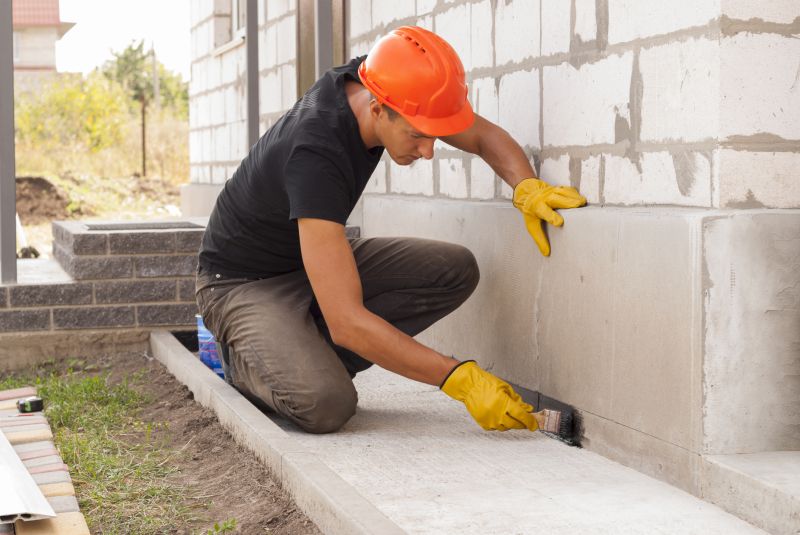
Finishes and colors that play nicely with Foundation Repairs.

Little measurements that prevent headaches on Foundation Repairs day.
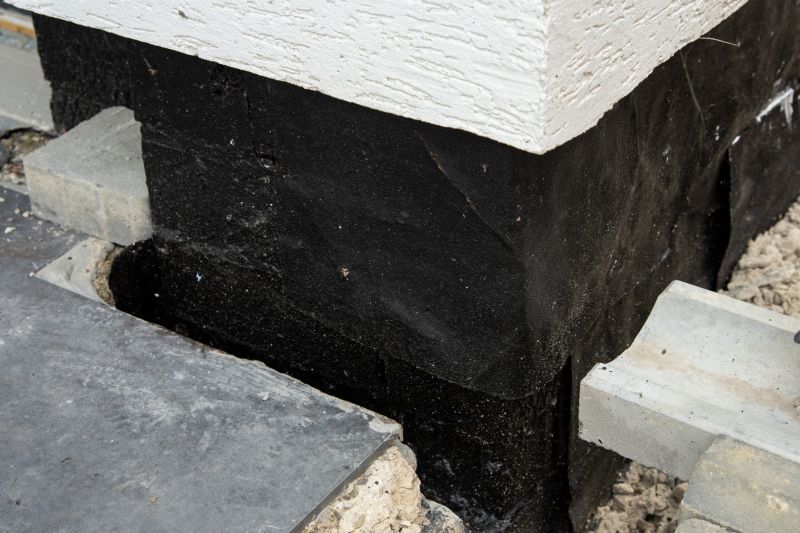
A 60-second routine that keeps Foundation Repairs looking new.

A frequent mistake in Foundation Repairs and how to dodge it.
| Season | Ideal Conditions |
|---|---|
| Spring | Moderate moisture, manageable rain |
| Summer | Dry, stable weather, longer days |
| Fall | Cooler temperatures, reduced rainfall |
| Winter | Cold, frozen ground, limited options |
Interested in foundation repairs? Filling out the contact form is the first step toward assessing and addressing foundation issues effectively. Professional evaluation can identify underlying causes and recommend appropriate timing for repairs to ensure lasting results.

